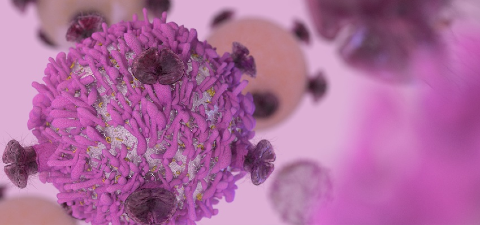Research Group Michael Scharl
Keywords
Colorectal carcinoma, intestinal inflammation, protein tyrosine phosphatases, intestinal immunity, epithelial-to-mesenchymal-transition
Summary & Mission statement
Our research focuses on innate and adaptive immune responses in the pathogenesis of intestinal inflammation and intestinal carcinomas with the aim to achieve a better understanding of the complex interplay between genetic predispositions, intestinal microbiota and aberrant immune responses in the development of the diseases.
Overview
Our research is focused on the regulation of innate and adaptive immune responses in the intestine. Aberrant immune responses play a crucial role for the onset of chronic intestinal inflammation and more and more evidence demonstrates a pivotal role for dysregulated immune cell function in the pathogenesis of intestinal carcinomas. Protein tyrosine phosphatases (PTP) play a key role for maintaining intestinal homeostasis and control innate and adaptive immune cell function, inflammatory signal transduction, cytokine secretion well as cell growth and cell proliferation. They have been not only been implicated in the pathogenesis of chronic inflammatory diseases, but also of a variety of malignant tumours. In our laboratory, we investigate the role for PTPN2, PTPN9, PTPN22 and PTPN23 in the pathogenesis of chronic intestinal inflammation as well as of colorectal carcinoma. Further, we are studying the pathogenesis of Crohn’s disease associated fistulae that feature epithelial-to-mesenchymal transition as a characteristic pathogenetic mechanism. A further goal of our research is to investigate the complex interplay between the intestinal microbiota and the onset of colitis as well as colorectal cancer. We are aiming at understanding the functional mechanisms how intestinal bacteria can either promote or prevent the formation of intestinal tumours.
Publications
